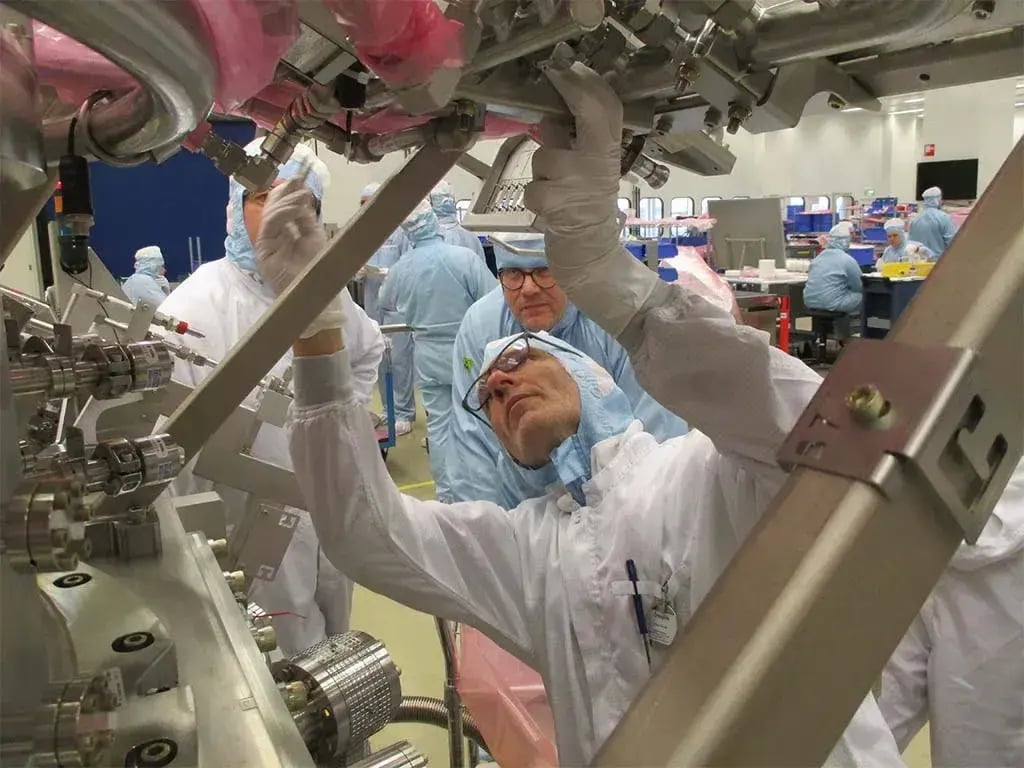External support lowers costs in semiconductor industry
As a plant operator, the impact of a fluid and/or gas system failure, or a maintenance issue that requires an interruption in the production process, can be significant and result in significant costs for every second of downtime.
For OEMs, a very short "time to market" is essential to meet the growing demands of their customers.
Such situations highlight one of the most crucial aspects in today's highly competitive semiconductor manufacturing environment: speed. Speed is essential in all aspects, including the pace of innovation, daily production processes and the maintenance interventions required in case of failures. Although most plants today are designed and built with the highest possible reliability in mind, unplanned problems can still occur that require immediate maintenance of the fluid and/or gas system. Having quick access to spare parts is also very important to keep production and R&D running seamlessly.
The speed with which a plant is able to replace or add a critical part in these situations can make the difference between cost savings or losses. Working with the right supplier early on in the design of fluid and/or gas systems is critical for OEMs. This allows them to maintain a competitive edge by reducing total cost of ownership at the beginning of the product lifecycle rather than after the fact.
Factors at play in the semiconductor industry
- Increasing demand: This growing demand has led to an increased need for production capacity and thus specialized personnel.
- Technological complexity: Semiconductor manufacturing is a highly specialized and technologically advanced industry. It requires highly skilled and experienced technicians and engineers to manage complex processes and machinery.
- Aging workforce: In many cases, the semiconductor industry faces an aging workforce.
These factors affect the capabilities within this industry and can hinder growth. It may be necessary to look at trained and certified outside support.

Challenges in the semiconductor industry
The semiconductor industry must constantly innovate and adapt to meet these and other challenges and continue to meet the growing demand for advanced electronics. In summary, the semiconductor industry faces challenges related to supply chain resilience, rapid growth, standardization and the need for specialized engineering expertise.
Third-party engineering assistance can help address these challenges by providing the knowledge and support needed to ensure efficient operation of fabs and production of high-quality semiconductor machines.
Quality, efficient and reliable
When it comes to optimizing liquid and/or gas systems with such high-performance components, partnering with an expert in these systems can be of great value. For example, experts can physically visit your facilities or connect with you virtually to provide technical support. Also, they can:
- provide advice on system design: feasible, service-friendly and cost-effective.
- provide training on various topics within the fluid and/or gas system
- make recommendations regarding quality maintenance and operational solutions to improve system performance.